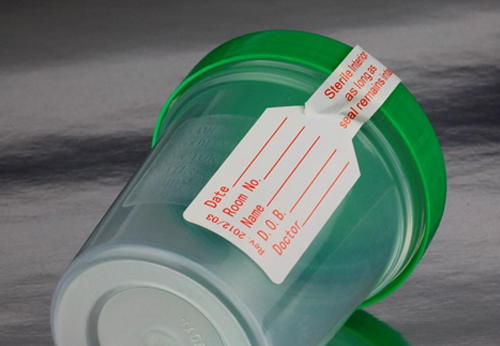What Happens When You Refuse A Breath Test During A New Jersey DWI Investigation
Can I Still Be Convicted If I Didn’t Agree To A Breath Test After A DWI Stop In New Jersey?
I recommend that most people submit that breath sample if arrested for DWI because the charge of violating New Jersey’s implied consent laws by refusing to submit a breath samples carries penalties almost as bad as, and in some ways, worse than those for a DWI, such as extended interlock restrictions, additional fines, and more.
Eighty-six percent of DWIs involve first offenders, and only on extremely rare occasions does that include jail time. So, for most first-time offenders, I would prefer you to come in with a remarkably high reading (even as high as 0.30) than to come to me with a refusal. Why? Because a refusal reduces my ability to do a better job for you.
On the other hand, there’s no obligation under the law to provide a blood or urine sample unless the officer gets a warrant from the judge. To get a warrant to obtain a blood or urine sample for toxicological testing, the officer will provide the judge with testimony in what’s called an “ex-parte proceeding.” (“Ex-parte” means only one side gives information.) If the officer establishes a reasonable basis on which to continue the investigation, a judge will grant the warrant.
Your lawyer can challenge that warrant later in court with a motion to suppress evidence in a proceeding called a suppression hearing, but if the judge determines that you must give blood or urine, you must submit it. If you don’t, you can be found to be in contempt and face even greater penalties.
How Can Law Enforcement Prove I Was Drugged, Impaired, or Drunk and Driving if I Didn’t Give Consent for a Breath Test?
Too often, people hand police officers whatever they want on a silver platter even though there is no legal requirement to do so. For example, you don’t have to do balance tests since there’s no legal requirement to submit to balance testing. Nor do you have to give blood or urine because no legal requirement compels you to do that without a warrant.
Consent to give a breath sample is implied by the state statute. If you decline to give a breath sample, the officer will charge you with a separate offense for refusing to submit to the breath test and must get a warrant or meet an exception to the warrant requirement to get a blood sample. One of the most common exceptions to the warrant requirement is when you give consent. When police officers ask, most people agree, and they provide the sample. Later on, if the state can show that you consented to the test, then there’s no warrant needed, and they can use that evidence against you at will.
Aside from plainly giving consent, “exigent circumstances” are another exception to the warrant requirement. You’ll usually see this come up where there’s an accident, when someone is injured or incapable of communicating, and there are other facts indicating to the officer that alcohol or drugs may be involved. Such facts can include the presence of prescription bottles or alcoholic beverages in the car and an odor of alcohol or marijuana combined with something else, among other things.
Finally, prosecutors will often argue for the judge to draw an inference that you refused because you had a consciousness of guilt. Of course, this is only one inference. Other more innocent inferences include:
- Being upset because you feel wrongly accused;
- Invoking a mistaken belief that you have a right to refuse,
- Having a physical disability like asthma that prevents you from delivering a full sample.
With the guidance of a skilled attorney for DUI Law In New Jersey, you can have the peace of mind that comes with knowing that we’ll make it look easy. For more information on the Refusal Of Blood Test In Drugged Driving Case, a free initial consultation is your next best step. Get the information and legal answers you seek by calling (732) 218-9090.


